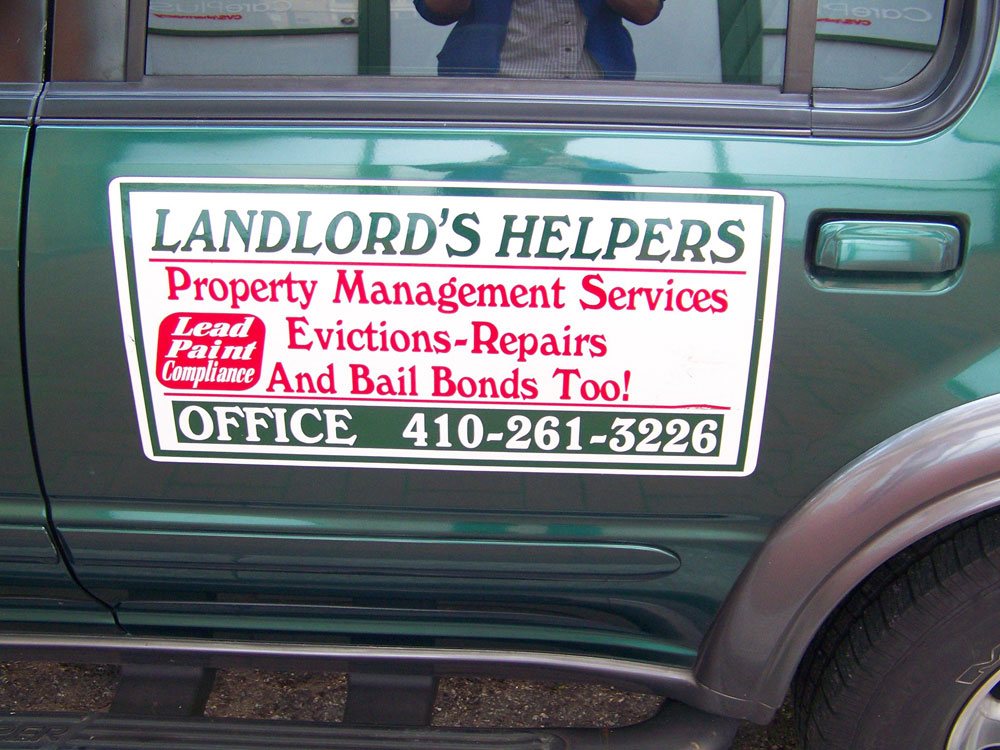
June 14, 2020; NBC News
As we’ve noted in NPQ, while the pandemic-induced economic shutdown has affected everyone, it has hit families with low-incomes and of color the hardest. According to the Federal Reserve, nearly 40 percent of those earning $40,000 or less lost their jobs in March. Some have recovered their jobs as states have reopened, but many have not. By contrast, the unemployment rate for managers in May was 5.1 percent.
And many of these low-income, now unemployed, workers are renters. One real estate firm estimated that 28 million renters, or 22.5 percent of all US households, are at risk of losing their homes either to eviction or landlord foreclosure.
As NPQ has noted, eviction moratoria provide limited protection. Rent bills still accumulate, so some renters may owe as much as three or four months’ rent when their moratorium ends. The HEROES bill, passed by the House in May, has languished in the Senate, but could provide up to $100 billion in rent assistance.
But as Safia Samee Ali of NBC News reports, legal protections only matter if landlords follow the law. Many do, but others are using extra-legal means to push tenants out.
For instance, Ali details:
Sada Jones, 23, a hotel cook, has been unable to make rent payments on her New Orleans-area apartment since being furloughed on March 19 due to the COVID-19 pandemic. As a result, she alleges, her landlord began using aggressive tactics to force her out, including cutting off her utilities and sending maintenance workers to demand she leave.
“I’m scared because I don’t want to move with the situation that’s going on with COVID, but I also don’t want to live in these conditions,” she said. “I’m constantly anxious and paranoid about what they’ll do next. I don’t feel safe.”
Attorney Amanda Golob manages the housing law programs at the nonprofit Southeast Louisiana Legal Services in New Orleans. She tells Ali that the nonprofit’s staff is dealing with cases of landlords changing locks, cutting utilities, refusing to make essential repairs, and making repeat harassing phone calls and text messages. “They are creating an environment that forces the tenant to leave on their own.”
Sign up for our free newsletters
Subscribe to NPQ's newsletters to have our top stories delivered directly to your inbox.
By signing up, you agree to our privacy policy and terms of use, and to receive messages from NPQ and our partners.
Such lawless actions go under the moniker of “self-help evictions,” and they are rising.
“We have seen, both prior to pandemic and during the pandemic, some landlords will resort to intimidation or other tactics to push their tenants out, says Alieza Durana, a writer at Eviction Lab at Princeton University.
As for Jones in New Orleans, she tells Ali that her landlord’s hostile tactics began a few weeks after she missed her April payment. First, her landlord sent maintenance workers into her apartment to demand she leave immediately. Then, the landlord cut off various utilities, disconnecting the air conditioning. The landlord also shut off power to her kitchen, so she no longer has a working stove.
Jones says, “I had to make a decision. Either I pay the rent, or I buy food, so I chose what I immediately needed at the time, which was food.”
Jones lives in a building financed by federal loans, and therefore evictions are prohibited in her building under the CARES Act until July 25th.
Lisa Rice, president of the National Fair Housing Alliance, tells Ali that the situation Jones faces is not unique. Rice says her nonprofit has not yet been able to do a statistical analysis of “self-help evictions” during the pandemic but says cases are likely concentrated among “those vulnerable populations who are disproportionately subject to these forms of abusive evictions when there isn’t a pandemic.”
In response, housing advocates are seeking to extend eviction moratoria, expand relief to renters (such as that contained in the HEROES bill), and raise the bar to filing evictions. Some jurisdictions, such as Minnesota and Washington, DC, “have already started to aggressively prosecute cases of predatory landlord behavior,” reports Ali.
Using such tactics to deprive tenants of their housing is disturbing at any time, but especially during a pandemic, notes Shamus Roller, executive director of the National Housing Law Project. “The last thing we want right now is people going around looking for an apartment to rent. That involves travel, interacting with strangers, enclosed spaces, and all of the other activities associated with moving,” Roller tells Ali. “And those are the challenges for someone that can find and afford a new place. For other people that get evicted, it means doubling up with another family or homelessness, which come with huge health ramifications.”—Steve Dubb













